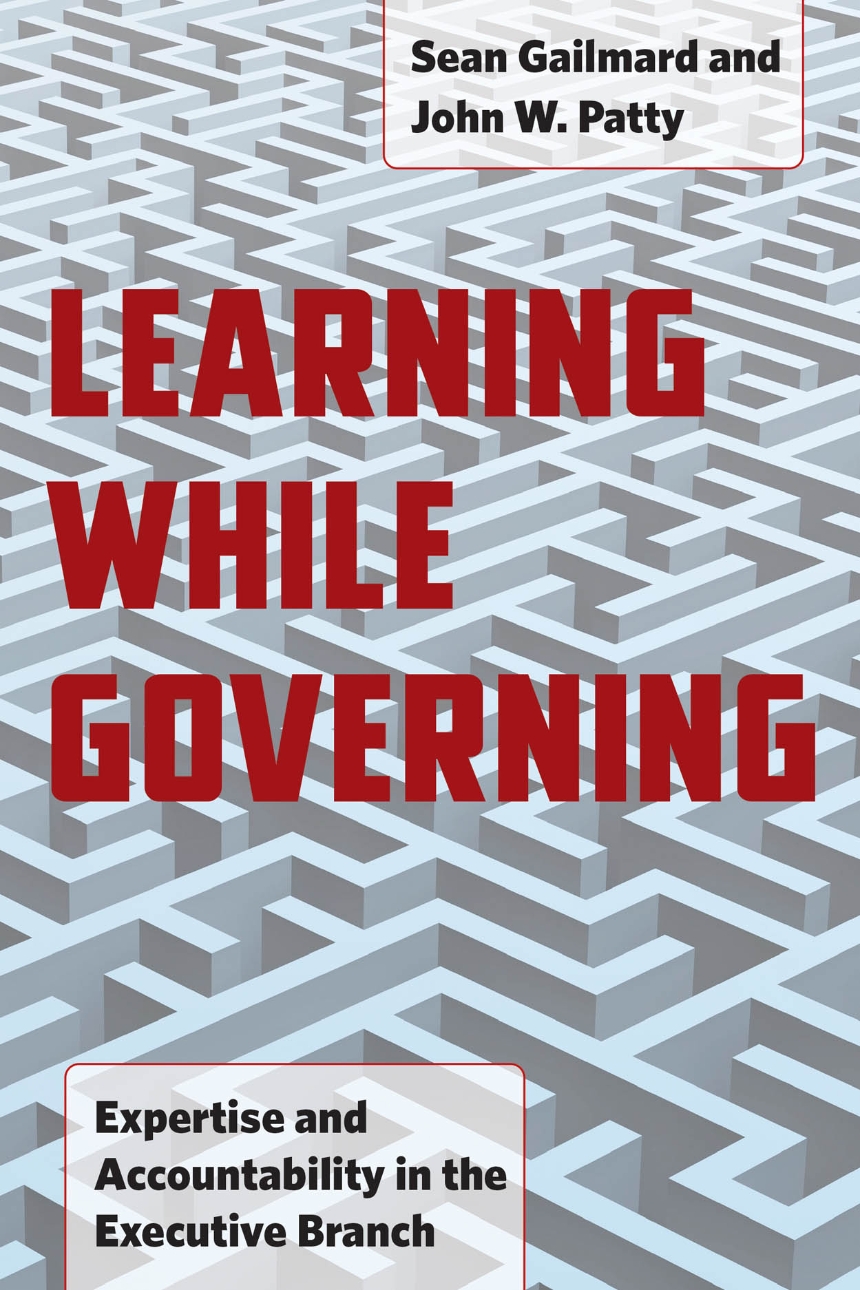Learning While Governing
Expertise and Accountability in the Executive Branch
Learning While Governing
Expertise and Accountability in the Executive Branch
336 pages | 4 line drawings, 4 tables | 6 x 9 | © 2013
Chicago Studies in American Politics
Political Science: American Government and Politics, Public Policy
Reviews
Table of Contents
ACKNOWLEDGMENTS
1 Introduction
PART I Acquiring Information
2 Developing Administrative Expertise
3 Expertise and Deference
4 The Federal Civil Service
PART II Sharing Information
5 Agents for Policy Advice under Separation of Powers
6 Congressional Development of the Institutional Presidency
PART III Eliciting Information
7 Information, Regulated Interests, and Administrative Policymaking
8 The SEC and the Regulation of Finance
9 Conclusion
NOTES
BIBLIOGRAPHY
INDEX
